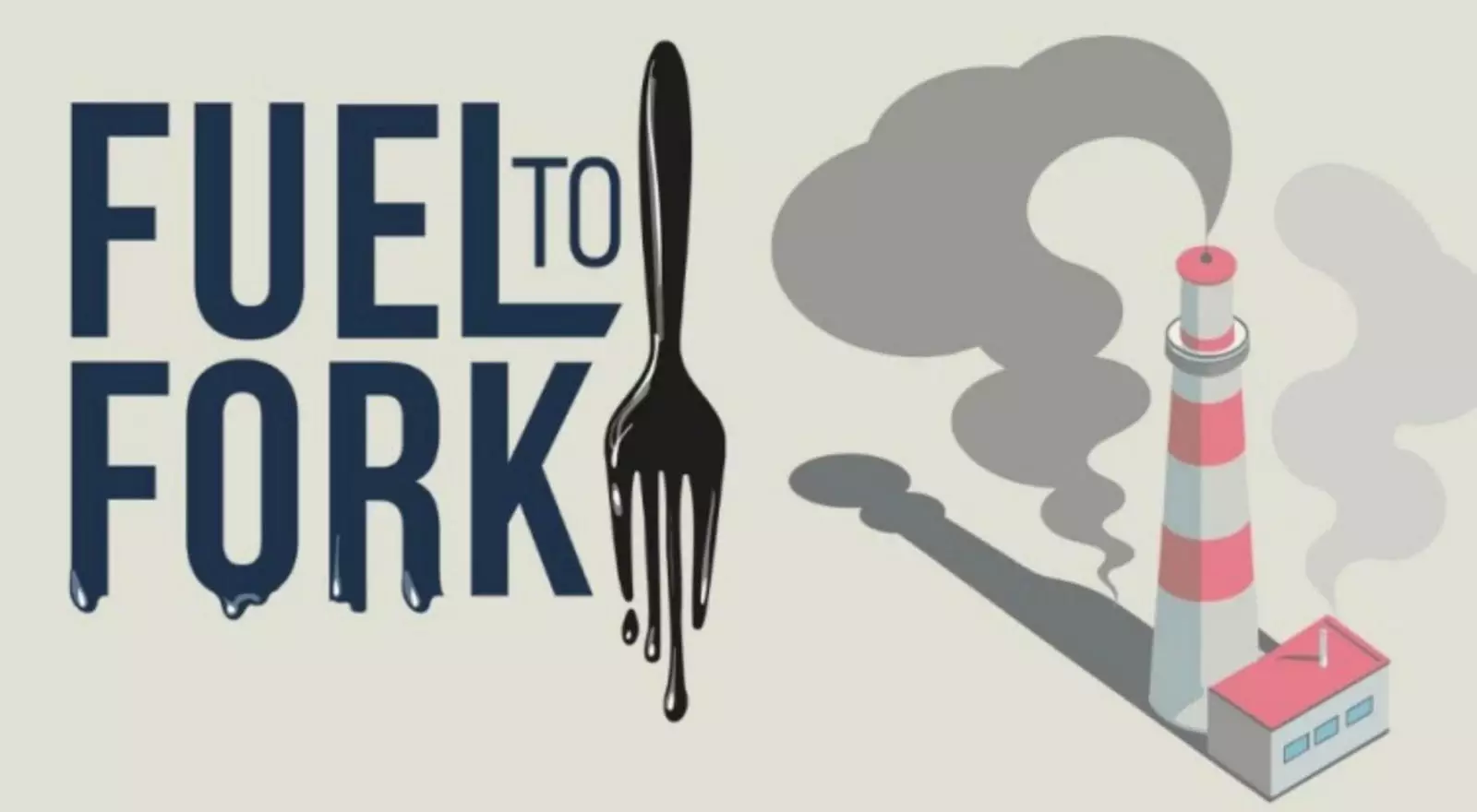Every time we step into a grocery store, we engage in an act steeped in deep connections to an often-overlooked component of modern food systems: fossil fuels. While we may focus on the nutritional content or the freshness of products, the entirety of the food supply chain is deeply intertwined with carbon-based fuels. From the moment a seed is planted to the instant we put a meal on our table, fossil fuels are the often-unseen catalysts powering every aspect of this journey. The grim reality is that fossil fuels act as the lifeblood of our food industry, influencing everything from agricultural practices to food transportation and preparation.
Launched recently, the podcast series “Fuel to Fork” seeks to shed light on this intricate relationship, examining how entirely dependent our food systems are on fossil fuels. This collaboration among IPES-Food, TABLE Debates, and the Global Alliance for the Future of Food underscores the urgent necessity to explore and mitigate this dependence.
A startling revelation from “Fuel to Fork” illustrates that approximately 15% of global fossil fuel consumption can be traced back to the food sector. This percentage encapsulates diverse aspects, including energy-intensive processes like food processing, transportation logistics, refrigeration, and even the production of food packaging. Processes associated with packaging and retail consumption alone take up 80% of the fossil fuel utilized within food systems.
Considering that a staggering ten calories of fossil fuel are burned for each calorie of food delivered to consumers, it becomes evident that our pursuit of convenience and accessibility comes with devastating ecological costs. The trajectory of our food systems is increasingly leaning towards ultra-processed foods, perpetuating longer supply chains burdened by energy demands. Sustainable practices are overshadowed by a focus on immediate availability, pushing the food industry further into fossil fuel reliance.
An overlooked aspect of this fossil fuel dependency is the connection to petrochemicals. As fossil fuel demand begins to taper off due to the escalation of renewable energy sources and stringent regulatory measures, oil giants pivot towards alternative markets, particularly petrochemicals. This shift has significant implications for food systems as petrochemicals find their way into plastics and fertilizers – two fundamental components of modern agriculture and food processing.
Shockingly, plastics and fertilizers account for around 40% of all petrochemical products. This staggering reliance reflects a troubling trend: as global efforts to decrease fossil fuel consumption intensify, the same industry strategically entrenches itself in petrochemical production, which is expected to drive future oil and gas demands. With projections estimating that fertilizers alone will constitute 5% of global natural gas consumption, the link between fossil fuels and food is undeniable.
Amidst mounting climate challenges, the conversation surrounding food systems must evolve. Anna Lappé of the Global Alliance for the Future of Food encapsulates the urgency of this dialogue, stating that without proactive engagement, solutions to singular issues could inadvertently exacerbate other environmental crises. Pesticides and fertilizers, considered integral to agricultural productivity, are firmly rooted in a petrochemical paradigm.
The International Energy Agency projects an alarming future where petrochemicals will make up more than two-thirds of global oil demand growth by 2026. This stark reality compels individuals to rethink their food choices while urging policymakers and communities to endorse a Just Transition.
Embracing sustainable practices within food systems requires understanding the local solutions emerging worldwide, particularly in the Global South and in marginalized communities across the United States. These solutions, however compelling, necessitate a systematic approach facilitated by thorough planning and public financing.
The path forward requires individuals to engage critically with the origins of their food and the environmental implications tied to their choices. A combined effort of consumer awareness, governmental backing, and community initiative can pave the way toward a sustainable, equitable, and less fossil fuel-dependent food system.
While convenience may often dictate our food choices, understanding the hidden costs and environmental ramifications of those choices is critical for fostering a sustainable future. As we navigate these complex relationships, recognizing the alarming reliance on fossil fuels can catalyze much-needed change.


Leave a Reply